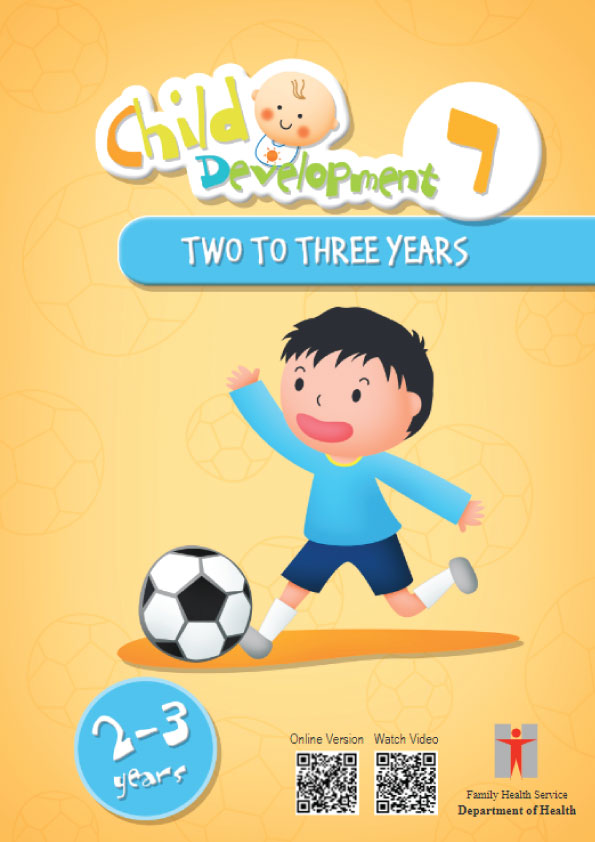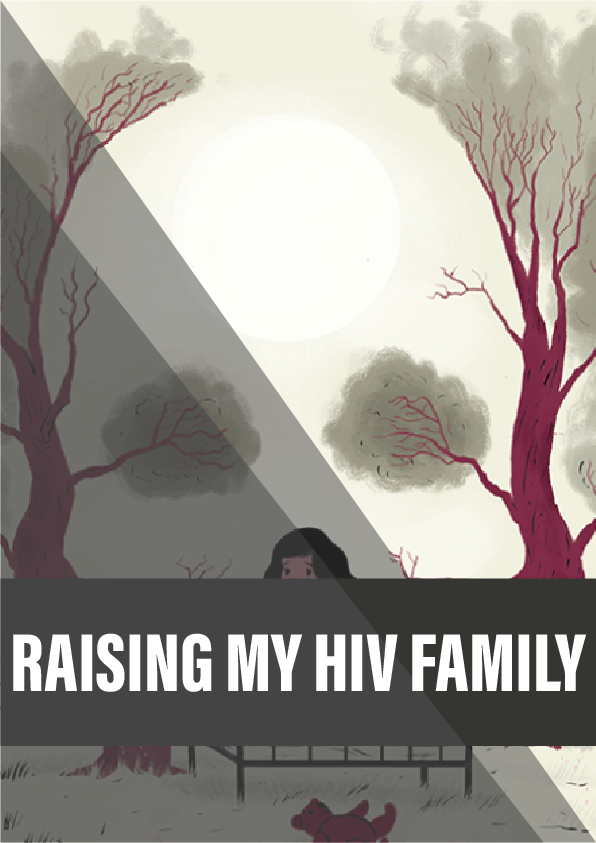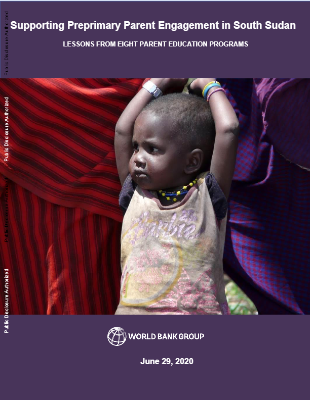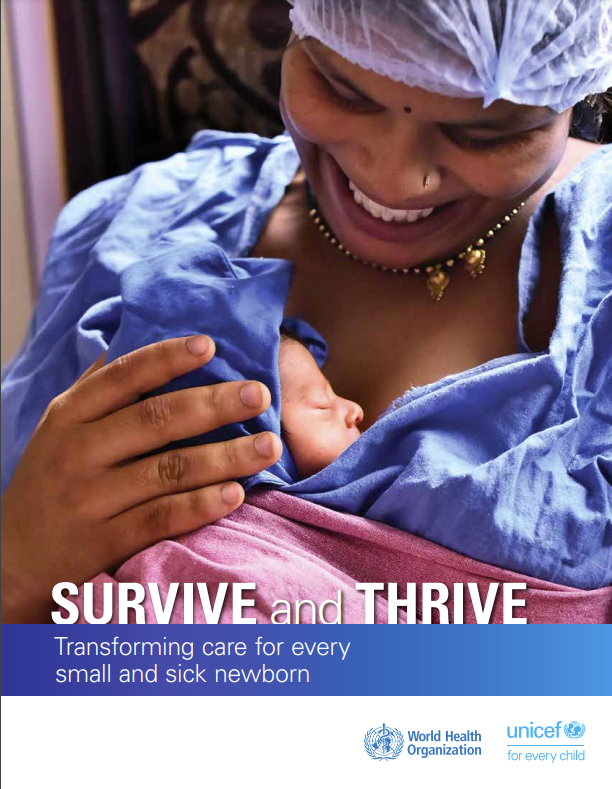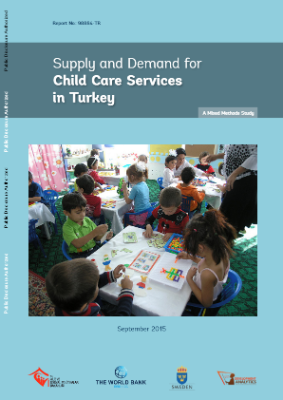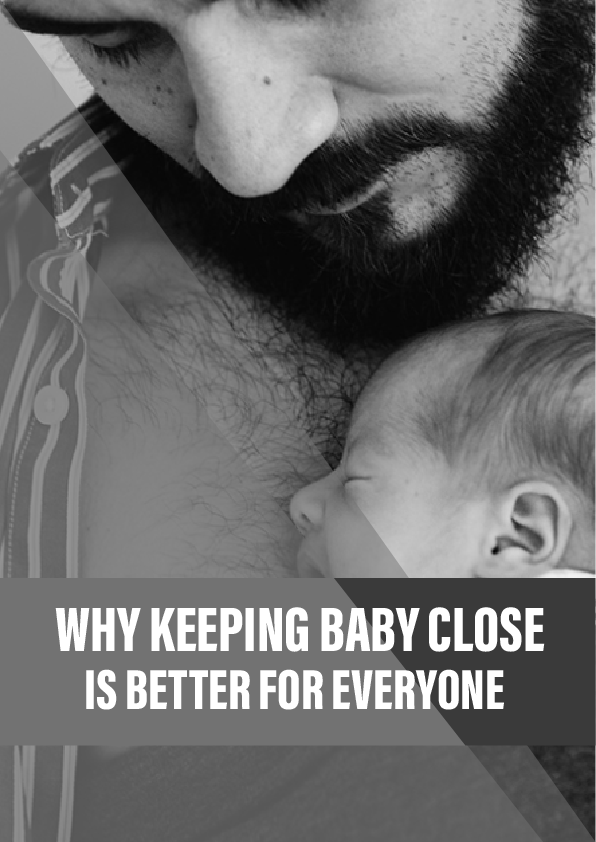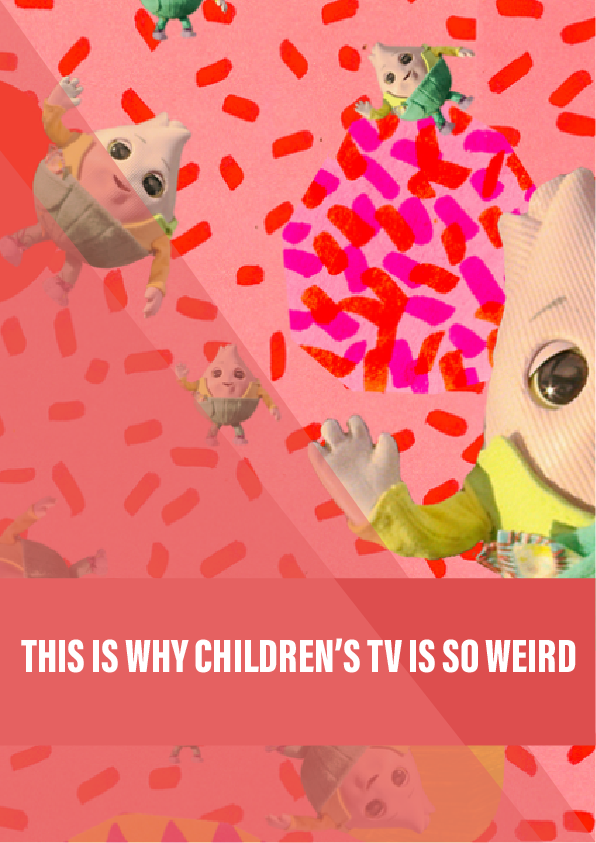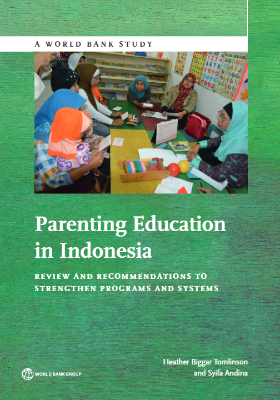After the second birthday, the speed of your child’s physical growth and motor development will slow down relatively. Yet, you will see some tremendous changes in her intellectual, language, social and emotional development. Clashes arising from your increased expectation and her growing independence may be quite emotional for both. Understanding and accepting these changes, and adopting a positive parenting strategy , will make it easier for both of you in the coming years. She will learn to feel comfortable, capable and special. These feelings will help her to develop a positive self image and adjust more successfully to future social demands.
By the end of this period, your baby will be able to:
Movement
- Run fast
- Kick ball
- Jump and climb well
- Walk up and down stairs without any help
- Pedal tricycle
Hand and finger skills
- Hold a pencil and mark vertical and horizontal strokes on paper
- Build simple model with construction toys
- Thread beads
- Turn page of a book one at a time
- Wind up toys
Language development
- Follow short commands (e.g. “Put the car in the toy box.”)
- Recognise and identify most common objects and pictures
- Understand verbs and adjectives (e.g. “open”, “hot”, etc.)
- Answer simple “Yes/No”, “What” and “Where” questions
- Speak in phrases or simple sentences (e.g. “Mummy want cookies”, “Where’s the ball?”)
- Start to use pronouns (e.g. “I want my cup”)
- Give name and age when asked
- Like to ask “What” questions
Cognitive Development
By now your child’s learning process has become more thoughtful. He begins to form mental images of objects, actions and concepts based on language. He can now solve problem mentally instead of relying on manipulating the objects physically. His improved memory and attention span allow him to be more focused and engage in quiet play. As he begins to understand the relationship between objects, he will enjoy putting simple puzzles together and various sorting games. The concept of “cause and effect” helps him realize how certain toys work, e.g. winding-up toys. Even then, he is still not yet capable of abstract logical reasoning. His view of the world is simple and straight forward. As he will take your words literally, and may not understand jokes, you will need to be careful in choosing your words.
- Match objects with pictures
- Sort and identify a few colours
- Begin to understand number concepts, know the concept of “one” and “two”
- Complete puzzles of 3-4 pieces
- Become more elaborate in pretend play, taking roles (e.g. pretending to be a doctor or a teacher).
Social and emotional development
- Still being self-centred
- Imitate mannerisms and behaviours of adults and playmates
- Show affection for familiar playmates
- Start taking turns and sharing.
- Show temper tantrum and rebellious behaviours when upset
Self Care Skills
- Keep dry by day
- Feed self more skillfully
- Dress and undress simple garments
Stimulating young child’s development
Children at this age can be extremely active and energetic. It is perfectly normal for your child to prefer running, jumping, and climbing to walking slowly or sitting still. If she is an active child, adjust your expectation. Instead of putting her in a confining environment, try giving her opportunities to release her energy by running and moving around in a safe, open space (e.g. like playgrounds and parks) under your supervision.
Continue to spend time with your child; show affection and attention to her. Establish simple rules with your child and be consistent in carrying them out. Encourage desirable behaviours by praising her or giving positive attention. Set a good example for your child to learn from. Make use of every opportunity to teach her new skills.
Attending nursery school will provide a chance for her to interact with other children and adults outside home. It will help her improve her social skills as well as introduce her to more formal rules than those established at home.
What you can do:
- Let your child spend at least 3 hours a day in a variety of physical activities.
Bring your child outdoor everyday, let him run, play and explore e.g. in playgrounds and parks - Avoid restraining your child in a stroller or high chair for more than 1 hour at a time
- Make use of everyday activities to introduce concepts of size, colour and numbers
- Read to your child each day, encourage him to learn new words, help him to lengthen his sentences and to answer simple questions
- Activity-oriented, colourful picture books or short story books can help to maintain his attention in reading
- Encourage and join in make-believe play with your child, making use of available household materials
- Encourage him to be independent in simple self care activities
- Provide opportunities for your child to play with other children and adults
- Limit your child‘s screen time with various electronic media to no more than 1 hour. Choose appropriate programmes for him to watch and play with and guide him along
Toys that you can choose:
- Miniature toys like tea-set, doll house, car and garage, etc
- Creative toys like building blocks and play-doh, etc
- Painting and drawing materials
- Colourful picture or short story books
- Simple puzzles and matching toys
- Musical instruments e.g. toy piano, drum, etc
The above information only gives you a general idea of the changes expected as your child grows. Each child is unique and wide variations in the pace of development are often normal. Don’t be over alarmed if your child takes a slightly different timing or fails to attain certain ability at some stage. It may only signal a need for more attention.
Discuss with doctors or nurses if, by the end of this period, your child
- Falls frequently or cannot walk on stairs by himself
- Does not draw vertical and horizontal lines
- Does not eat with spoon, fork or chopsticks
- Fails to understand simple instructions e.g. “ Go to the room and take the coat ”
- Fails to communicate in 2-3 word phrases (e.g. “drink juice”, “want the ball”)
- Shows no interest in other children
- Does not participate in pretend play such as play acting
- Shows extreme difficulty in separating from caregiver in most situations
